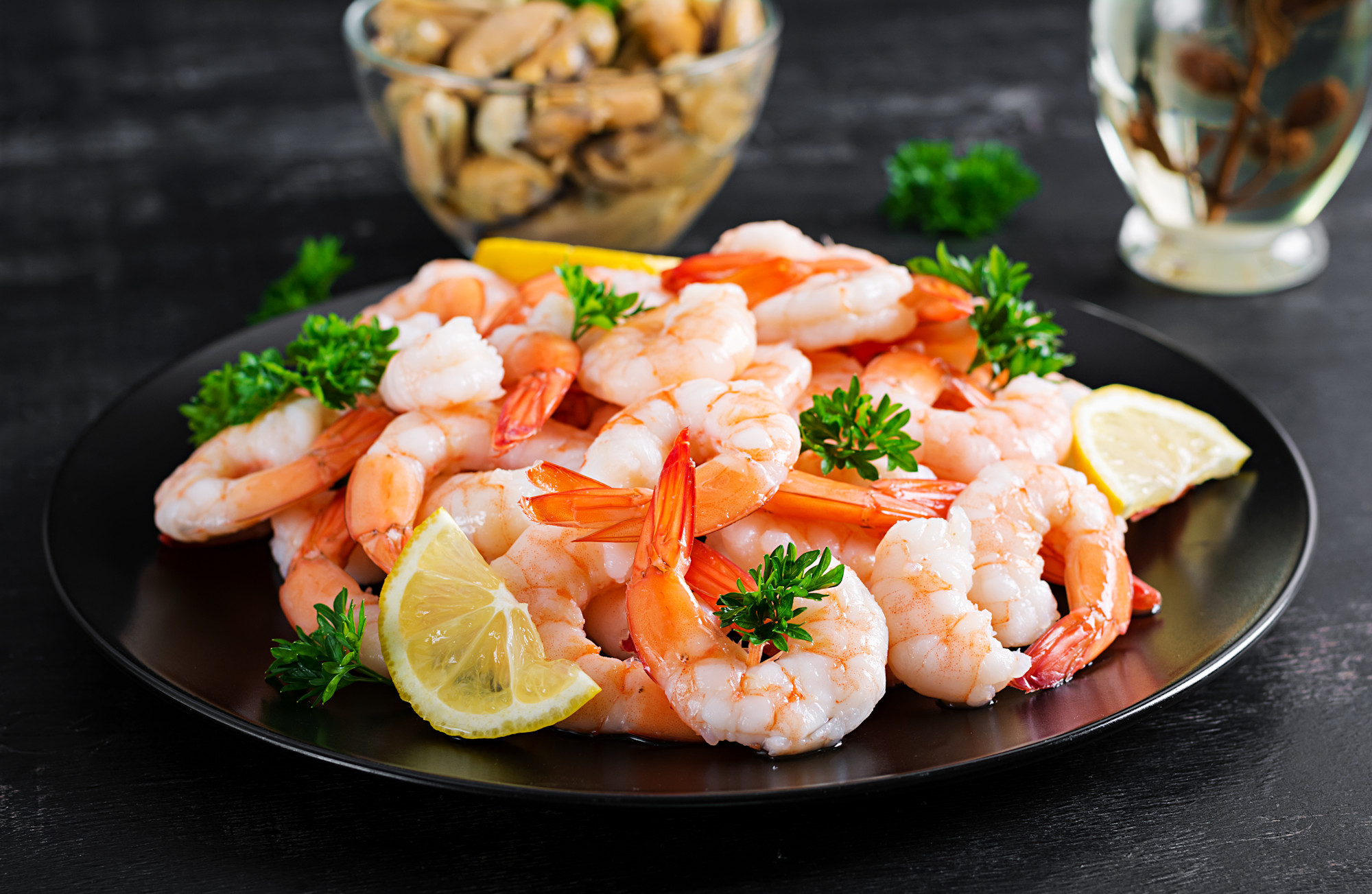Shrimp is not toxic to cats, and it can be a healthy addition to a cat’s diet in small amounts. It is a great source of protein and essential amino acids, and it also contains minerals like iodine, zinc, and selenium.
While shrimp can be a healthy addition to a cat’s diet, it should not be the main source of protein in their diet, as cats are obligate carnivores and have specific dietary needs. It is best to consult with a veterinarian or a professional before adding any new food to your cat’s diet, especially if your cat has any dietary restrictions or allergies.
Shrimp should be cooked and unseasoned before feeding them to cats, as raw shrimp can contain harmful bacteria and parasites that can cause food poisoning. Also, some cats may have an allergic reaction to seafood.
A seafood allergy is relatively rare in cats, but it can be serious. A cat with a seafood allergy may show symptoms similar to those of other food allergies, such as:
- Itchy skin: Cats may scratch, lick, or bite at their skin, resulting in hair loss, redness, and scabbing.
- Gastrointestinal issues: Cats may experience vomiting, diarrhea, or constipation.
- Respiratory issues: Cats may experience sneezing, coughing, or wheezing.
If your cat is experiencing any of these symptoms and you suspect a seafood allergy, it’s best to consult with a veterinarian. The veterinarian will likely do an examination and take a detailed history of your cat’s symptoms and dietary habits.
Just remember, shrimp should be an occasional treat, not a regular meal. You can give them shrimp no more than once or twice a week and in small amounts.


